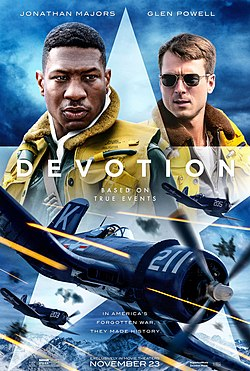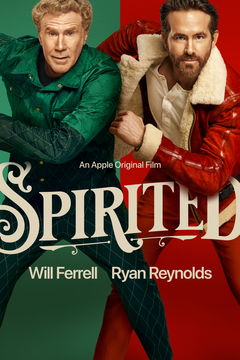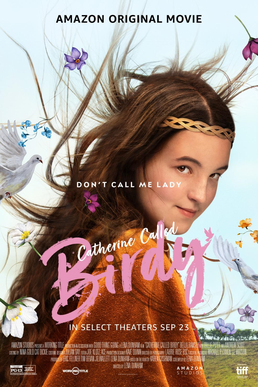 Overall Thoughts: Historically-inspired drama is dramatically and emotionally effective, despite inaccuracies.
Overall Thoughts: Historically-inspired drama is dramatically and emotionally effective, despite inaccuracies.
Historical dramas can go one of two ways. One, it can be faithful to real events and honor its' material without getting too carried away with Hollywood cheese. Or second, it can take serious creative freedom, attempt to revise or rewrite true events to fit a big screen budget, and upset purists. And prior to its' release, The Woman King was receiving praise from those who felt it went the first way, and severe criticism from those who thought it went the second route.
As for me, I think it's a little bit of both. And that's not necessarily a bad thing. Are the events behind The Woman King upgraded to fit a Hollywood budget? Yes. Is it an example of "revisionist history"? In one very noticeable way, yes. But, at the same time, does it present a sense of authenticity to its time, setting and figures depicted? Yes.
And speaking of authenticity, the film feels epic in its scope while feeling authentic at the same time. The kingdom of Dahomey is inviting while inciting a sense of danger as well. There is a refreshing lack of CGI animals or splashy effects. The set design feels like there was a lot of serious time and thought given to ensure it represented the culture it depicted. And aside from a few flashy costumes in the palace, the overall designs are fairly inspired.
Viola Davis gives a fantastic co-lead performance as General Nanisca. She starts out as a bit of an unlikable grouch of sorts, but later shows herself to be someone conflicted with what she wants out of life, while also yearning for a sense of love and appreciation. That's the kind of character growth and development you want to see out of a major lead in an action epic like this. Meanwhile, Thuso Mbedu is just as emotionally effective as new recruit Nawi.
Lashana Lynch (Captain Marvel) co-stars as co-general Izogie, and steals a handful of the scenes she's in. She comes across as that tough boss who has a soft side, while nailing a few humorous moments as well. Jordan Bolger does a wonderful job as a sympathetic European visitor. Finally, John Boyega proves to be a solid choice for King Ghezo. He brings a conflicted, yet diplomatic and caring perspective to his character.
Some of the story beats here are predictable. However, the emotional execution behind a few of these are very well-done. At the same time, there's also a couple of solid surprises around the halfway mark. The pacing overall is a bit too slow and unsettled to start out, but it manages to pick up steam as we head into the second half.
Meanwhile, the action scenes are both impressive and exciting. Sometimes it's a little too visceral, but they are well-shot and edited. The stuntwork is impressive as well. Terence Blanchard's music score provides a solid combination of tribal authenticity with superb action setpieces in the score.
As far as its "revisionist" controversy goes, I feel like The Woman King attempts to correct the Dahomey tribes' original sin about sending some of their own people into the slave trade. Is that different from what probably happened? Sure. Does it change real-life figures that were nefarious in real life? Maybe. But, is giving the chance to correct actions necessarily controversial? In my opinion, no. Yes, history is history and creative license should be taken seriously. Yet, attempting to learn from what happened instead of erasing it is the right perspective to have. The filmmakers do not shy away from what really happened, and address it in ways that are thoughtful and tasteful.
So, while the final result takes a lion's share of license, there's still enough epic action, appealing aesthetics, and great, memorable character development here to make for a very good movie.
Grade: B+
Is the movie family-friendly? The Woman King is rated PG-13 for "sequences of strong violence, some disturbing material, thematic content, brief language, and partial nudity." This movie is not appropriate for anyone under the age of 13. There are some somewhat graphic kills (the bloodiest elements just out of the camera's view), stabbings, impalings, and other severe injuries. A baby's skin is cut open in one scene. A few flashback scenes showcase one character being raped (without any real nudity shown, we see her feet tied to the wall and her expressions). Implied sexual intimacy is hinted at in one other moment. A man exiting a lake after bathing is seen nude from the front at one point (with his hands covering his genitals). Slave candidates are caressed (including female breasts). Heads are shown rolling out of a basket. Some discussion about rape and the slave trade. Seeds are used to predict futures and give visions. In the end, parents of teens ages 13 or 14 are recommended to watch the movie first before making a decision for their family. Also, a pre-movie discussion about the historical truth that inspired the film would probably be a good idea as well.









